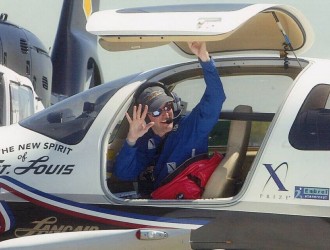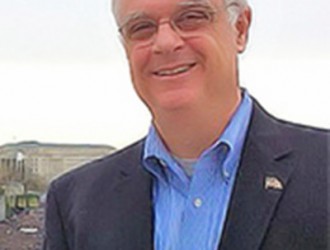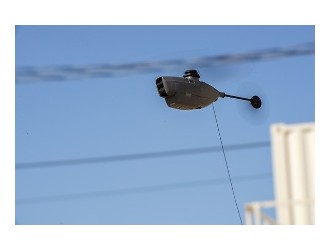
Lau, who was tied in votes for the chairmanship, believes her experience in Hong Kong and China is able to bring the voices of the industry to the Chinese government and beyond. She is the first female chairperson to lead the non-profit trade body.
“Sino Jet works closely with local Chinese government, air force and officials to ensure operations can run smoothly, and I wish to bring that value to AsBAA members.” Lau told AIN. “There are in fact many provinces at the municipal level that wish to promote general aviation. They have funding for that, but do not know how to go about doing so.“
Although the business aviation market slowed in China from 2013 to 2015 as a result of the government’s anti-corruption policies, it has picked up due to the increasing number of billionaires needing the aircraft for business transport.
“They have factories in many remote areas, and taking a commercial airline would take a week, compared to two days in a business jet,” Lau said. “To save time is a value for them, and the country’s GDP will come along with it. It is not fair for airports to say they don’t prioritize business jets, saying we [business aviation] contribute little to the airport’s revenue.”
She hopes that operators and industry players will raise their concerns with AsBAA and the respective authorities to change the way business aviation is treated.
Mularski has highlighted in his outlook that Southeast Asia is an area of interest for AsBAA and also hopes that AsBAA will organize a business aviation show independently in the region. Lau thinks Dixon and Moran, who both have vast experience in the region, will give expanded influence in the board of directors to drive the agendas of the region.
“The show would be a great idea, but that would be up to the board to decide wher and when and also the funding we can gather. We hope can we can have support from current and future members to make these great events happen,” said Lau.





